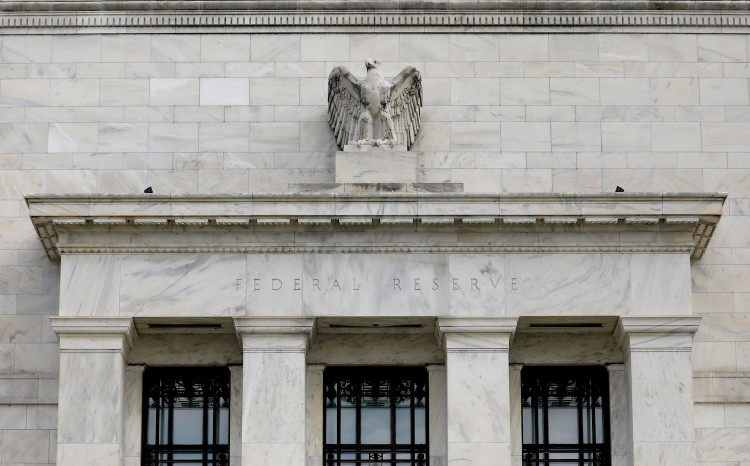In a recent opinion piece for the Financial Times, Tony Yates-a former senior adviser to the Bank of England-advises against CBDCs.
"The huge undertaking of digital currencies is not worth the costs and risks," Yates said.
CBDCs are already in use in a lot of countries, as are digital versions of cash, coins, and notes. As a result, Yates calls the motivations behind global CBDC rollouts "suspicious."
Despite the multiple crypto business implosions of the last year, central banks throughout the world are moving forward with digital asset projects. China has made its central bank digital currency (CBDC) available in numerous cities and for usage at the Winter Olympics.
Many other central banks, like the BoE, are contemplating how to implement a CBDC, although Nigeria's CBDC has seen little traction thus far. India has already started a test program, and Mexico has announced the introduction of a digital peso.
CBDCs may be a means of suppressing cryptocurrencies, including decentralized ones like Bitcoin (BTC). But as Yates points out, "Cryptocurrencies are such bad candidates for money."
"They don't have money supplies managed by humans to generate steady paths for inflation and are hugely expensive and time-consuming to use in transactions," he adds.
The opinion Yates has of Bitcoin is expected. He has made the allegation that the majority of Bitcoin use is "illicit" and "speculative" in a number of tweets.
Since Bitcoin employs a public ledger that is accessible to everyone, reports suggest that its use for illegal activities has slowly reduced over the years to fewer than 1% of all transactions.
Additionally, the layer-2 Lightning Network enables fast remittance payments, while the use cases and development of other cryptocurrencies, including stablecoins, continue to expand.
Yates explains that hiring personnel to develop and operate the hardware and software of a new payment system would be a massive undertaking for the central bank.
According to Yates, developing CBDCs is equivalent to "making central bank reserves more widely available than just to counterparties." However, in a world where the U.S. dollar remains the reserve currency, competition for a new global CBDC is counterproductive.
According to the Financial Times opinion piece, the most compelling uses for CBDCs are for payments and settlement efficiency, although the discussion is "mysterious."





